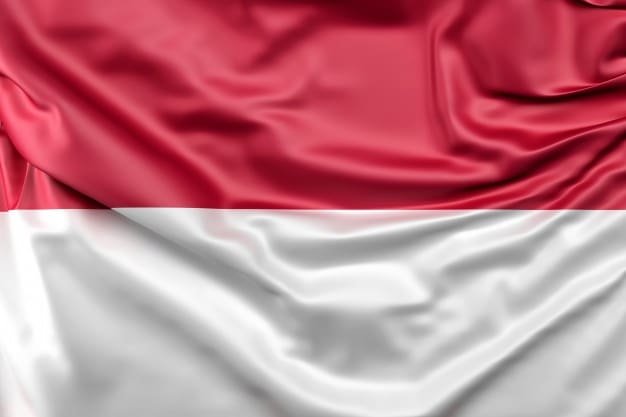The country’s government will introduce a safeguard tax on ready-made garments imported from China, Vietnam, Singapore and Bangladesh within the next 90 days, Sourcing Journal reports.
Last year, the Indonesian Textile Association (API) anticipated a compound annual growth rate (CAGR) of 5 percent for the textile and garment sector, but Covid-19 wreaked havoc with those plans, with the country’s GDP dropping for the first time since the 1998 Asian financial crisis, contracting 2 percent year-over-year in 2020.
The decision, which has been discussed since November, aims to bolster Indonesia’s textile and garment sector in the wake of Covid-19. While this will put an end to the duty-free access China, Vietnam and Singapore currently enjoy, industry leaders in Bangladesh are fighting back against the tax — they say it will further debilitate their local manufacturers that are still reeling from order cancellations by European and American partners.
Many analysts believe that the growing number of consumers in Indonesia (the world’s fourth-most-populous country, with a median age of 28.6) could turn to more upscale options in terms of shopping for both local and globally manufactured apparel.
An estimated 30 percent of Indonesia’s total production goes toward meeting domestic demand, with the remainder exported to the U.S. (36 percent), the Middle East (23 percent), the EU (13 percent), and China (5 percent).
Meanwhile, the government is taking no chances in enhancing protection for the local apparel industry. Deliberations to impose the safeguard have been ongoing since November, after authorities launched a “safeguard investigation” that sought to determine “whether increased imports of a product are causing, or threatening to cause, serious injury to a domestic industry,” according to the World Trade Organization (WTO).
WTO noted that when local production is threatened by excessive imports, the safeguard measures can be imposed.

